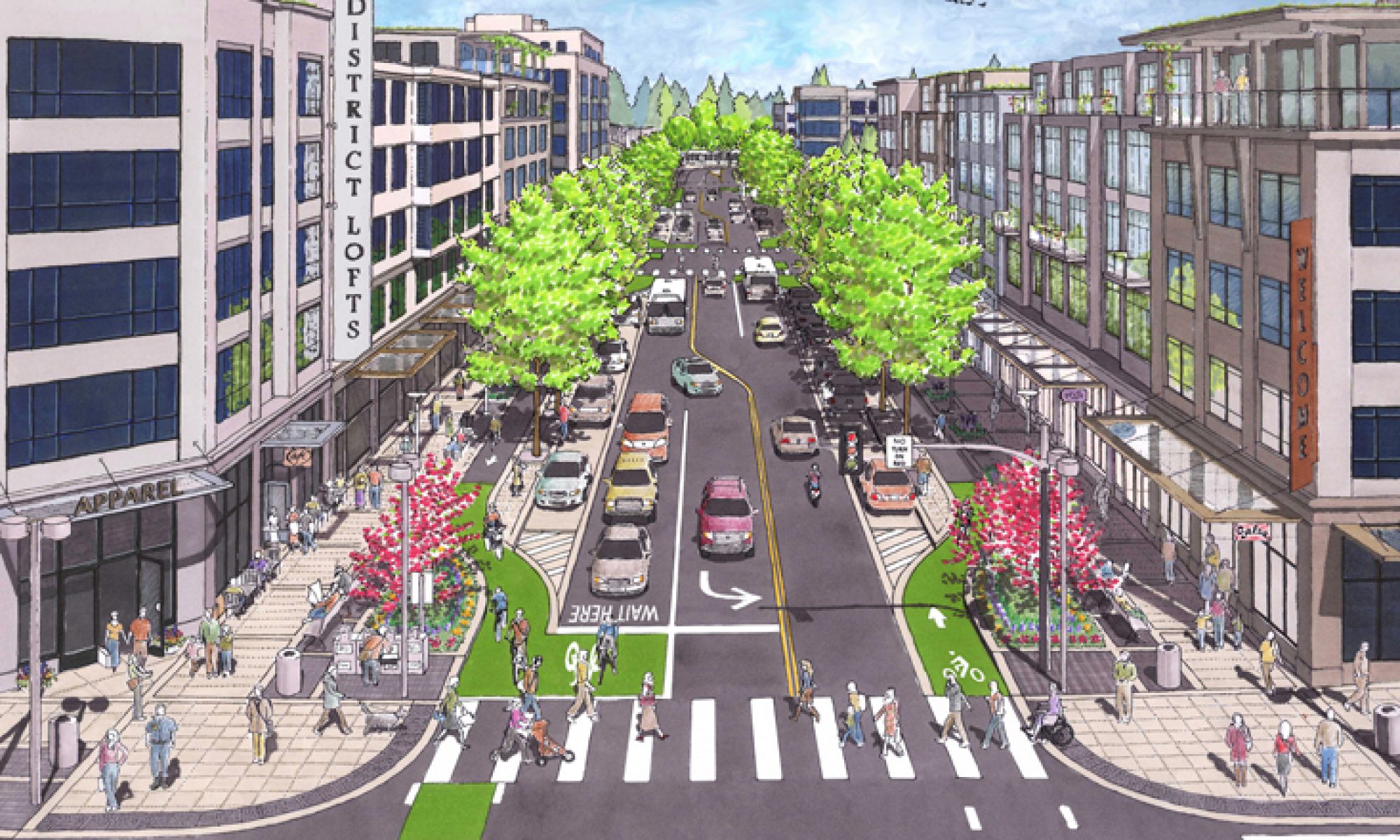Americans didn’t immediately fall in love with cars. It’s been a Machiavellian relationship for a century, so maybe we can break up now.
The Car Culture That’s Helping Destroy the Planet Was By No Means Inevitable
Jeff Sparrow
On the Relentless Campaign to Force Americans to Accept the Automobile
“In 1995, comedian Denis Leary recorded a track called “Asshole,” a song about an all-American guy who likes “football and porno and books about war.” It concludes with a monologue:
I’m gonna get myself a 1967 Cadillac Eldorado convertible
Hot pink, with whale skin hubcaps
And all leather cow interior
And big brown baby seal eyes for head lights
And I’m gonna drive in that baby at 115 miles per hour
Gettin’ one mile per gallon
Sucking down Quarter Pounder cheese burgers from McDonald’s
In the old-fashioned, non-biodegradable styrofoam containers
And when I’m done sucking down those greaseball burgers
I’m gonna wipe my mouth with the American flag
And then I’m gonna toss the styrofoam containers right out the side
And there ain’t a goddamn thing anybody can do about it … “
Yes, there is. Vote.
For those concerned about the environment, cars are an ecological catastrophe, while the current president celebrates car ownership as a true hallmark of freedom for blue blooded Americans, and the US remains the “spiritual home of car culture”. Vote.
So are we doomed to live forever in a polarized country where there is a constant war for space on the road between people walking, on bikes, and driving, and over 40 thousand people die in automobile collisions each year?
Cars don’t have to own us.
Here’s something to think about as American cities (and yes, we in Asbury Park) try to figure out how to keep people safe while social distancing by opening streets to people walking, riding bikes, skateboards, scooters…there could be one good thing that comes out of Covid-19.
The spaces between parked cars can be for people, not for car domination. It’s so in cities where drivers don’t rule the roads. As one Face Book commenter in the thread notes, when he drives into one of these streets he “immediately wonders whether he should be there, then sees the benefits to everyone, and drives slowly and cautiously to his destination”. With American car culture could this happen here, or would we continue to see angry, entitled drivers claiming their right to the road, endangering us all?
Here’s the link to Modacitylife FaceBook page, where you can enjoy beautiful city inspiration, listen to the audio book, Building The Cycling City, and buy the book here.







